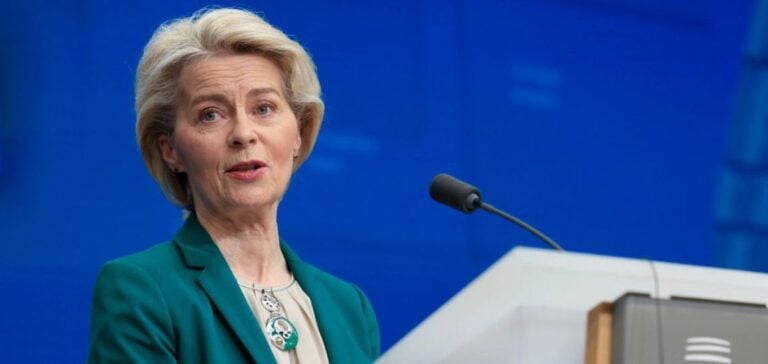The European Commission has approved a 900 million euro French scheme to encourage investment in biomass and renewable hydrogen for energy and fuel production. This support is part of the Green Deal Industrial Plan, which aims to accelerate the ecological transition and reduce dependence on fossil fuels. This plan has been validated under the temporary crisis and transition framework adopted on March 9, 2023 and modified on November 20, 2023.
Objectives of the French plan
The French measure notified to the European Commission aims to support the production of heat and fuels from biomass, such as synthetic gas and biochar, as well as liquid fuels produced from biomass and renewable hydrogen. These efforts must be applied to industrial processes and transport. Assistance will take the form of direct subsidies, covering part of eligible investment costs, and will be open to new installations and accelerated or extended projects.
Conditions and implementation
Projects supported by this measure must be completed and operational within 36 months of the grant being awarded. The Commission found that the French scheme complied with the conditions of the temporary crisis and transition framework, in particular as regards encouraging the production of renewable energy and fuels, without exceeding the maximum allowable aid intensity, and granting the aid no later than December 31, 2025.
The European Commission considers this plan necessary, appropriate and proportionate to accelerate the green transition and facilitate the development of economic activities important for the implementation of the REPowerEU plan and the Green Deal. The temporary crisis and transition framework, amended in November 2023, extends certain sections in response to the energy crisis arising from Russian aggression against Ukraine and the unprecedented rise in energy prices. This framework enables member states to support the economy in the context of Russia’s war against Ukraine, and offers various forms of assistance to accelerate the deployment of renewable energies and the decarbonization of industrial processes.






















